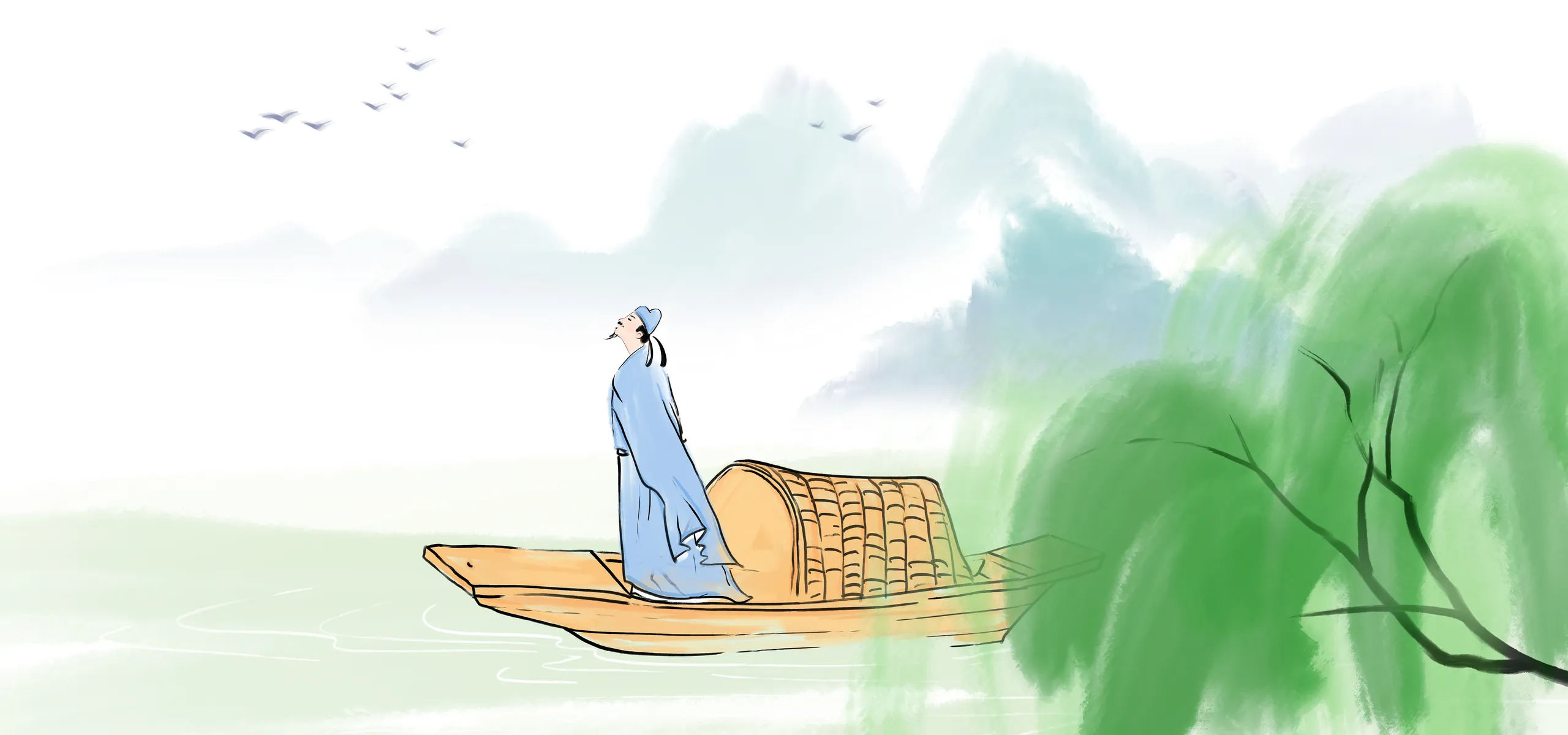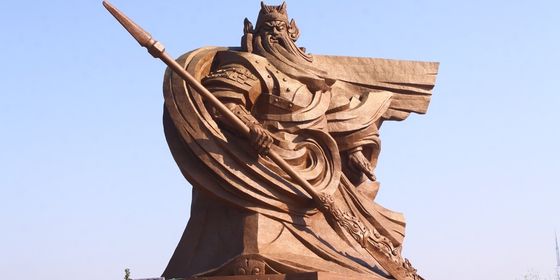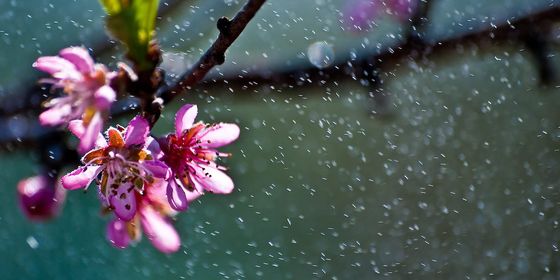Poems on true companions from Chinese history
“Iron brothers,” “diehard friends,” and “plastic sisters” are just some of the modern ways Chinese refer to friends (or frenemies). But before there were these internet slang terms, friendship was a key theme in Chinese literature, with many historical and fictional figures’ companionship spawning a variety of chengyu describing their bond.
Besides the four character idioms, verses describing the building and destruction of friendships were favorites of China’s poets, particularly during the Tang dynasty (618 — 907) and many of them are still widely known today.
The great Tang poet Li Bai and his friendship with Wang Lun (汪伦) remains legendary, and Li’s poem “Presented to Wang Lun,” is still one of his most famous. The poem describes how, when Li was boarding a boat to depart some town, he suddenly heard someone singing on the shore. It turned out to be Wang, who had come to see him off. Li’s poem expresses his gratitude, and his love for his friend. Here are the last two and most well-known sentences:
桃花潭水深千尺,不及汪伦送我情。
However deep the Lake of Peach Blossoms may be,
It’s not so deep, O Wang Lun! As your love for me.
The expression “桃花潭水 (the water of the Lake of Peach Blossoms)” later became a chengyu, referring to profound friendship.
When another of Li Bai’s friends, the poet Wang Changling, was demoted from his official post and due to be sent to a remote region of the empire, Li didn’t have a chance to bid farewell to him in person. Instead, Li sent Wang a poem to express his sympathy, which goes:
我寄愁心与明月,随君直到夜郎西。
I would confide no sorrow to the moon on high,
For it will follow you west of the Land of Dreams.
Wang Bo (王勃), another great poet who lived slightly earlier in the Tang period than Li Bai, seemed rather better at comforting people. When a friend of Wang’s, surnamed Du, was leaving to work as a government official in Sichuan, Wang didn’t want the atmosphere to be too gloomy, so he wrote some verses to emphasize that distance would affect their friendship. This sentence is still often quoted today when people bid farewell to their friends:
海内存知己,天涯若比邻。
If you have friends who know your heart,
Distance cannot keep you apart.
Gao Shi (高适), another Tang poet (it was the golden era of Chinese culture after all) also chose to put a brave face on the sadness of a friend’s departure. In his famous work “Farewell to Dong Da,” Gao told Dong that though they were doomed to part, Dong would surely find new close friends in the future.
莫愁前路无知己,天下谁人不识君
Fear not you’ve no admirers as you go along!
There is no connoisseur on earth but loves your song.
Liu Zongyuan (柳宗元), a Tang poet and essayist who was named in the “Eight Great Prose Masters of the Tang and Song (唐宋八大家)”, had a 22-year friendship with the poet Liu Yuxi (刘禹锡). They passed the imperial examination in the same year, and both became government officials. During fraught and complex political struggles, they always stood by each other, and went through many hardships together.
In 815, when they were both exiled from the capital to different remote areas, Liu Zongyuan wrote three poems all titled “On Parting Again with Mengde,” and made a wish in one of them:
皇恩若许归田去,晚岁当为邻舍翁。
If His Majesty allowed me to quit and go farming,
I would spend my remaining years as a next-door neighbor of yours.
But Liu Zongyuan’s dream didn’t come true. Four years later, before either of them could retire, Liu Zongyuan died of illness. Before death, he asked his servant to take his children and many manuscripts to Liu Yuxi, and entrusted his friend to take care of his funeral arrangements. Liu Yuxi compiled Liu Zongyuan’s works into a collection, which has been passed down to today.
Tang poets seemed to attract one another. One of the greatest Tang poets, Du Fu (杜甫), the “sage of poetry,” was close to the aforementioned Li Bai, who was 11 years his senior. Du wrote many poems for Li Bai, and one described how Li had shown up in his dreams:
故人入我梦,明我长相忆。
Last night you came into my dream anew;
This shows how long I am thinking of you.
Bai Juyi (白居易), another Tang government official, was known as the “devil of poetry (诗魔),” a term used to describe his almost mystical talent for verse, his penchant for drink, and his habit of reciting and writing poetry all day and all night. He also believed that dreams had their own special meanings. After a dream about fellow poet Yuan Zhen (元稹), he sent his friend a poem with the line: “I wonder why you are thinking of me, resulting that I dreamed about you at midnight yesterday? (不知忆我因何事,昨夜三更梦见君)” Receiving this letter, Yuan was touched, and felt deeply apologetic that he hadn’t dreamt about Bai. So he replied in verse, saying:
我今因病魂颠倒,唯梦闲人不梦君.
I am sorry due to illness I can’t tell old friends from new;
I dream of all irrelevant people but not you.
Bai and Yuan often wrote poems for each other, but the most touching was the elegy Bai wrote after Yuan died, which have moved countless readers to tears:
君埋泉下泥销骨,我寄人间雪满头。
You, buried under the earth with mud eroding your bone;
I, living in the mortal world with my hair white as snow.
Translations by Xu Yuanchong and Sun Jiahui
Cover image from VCG












